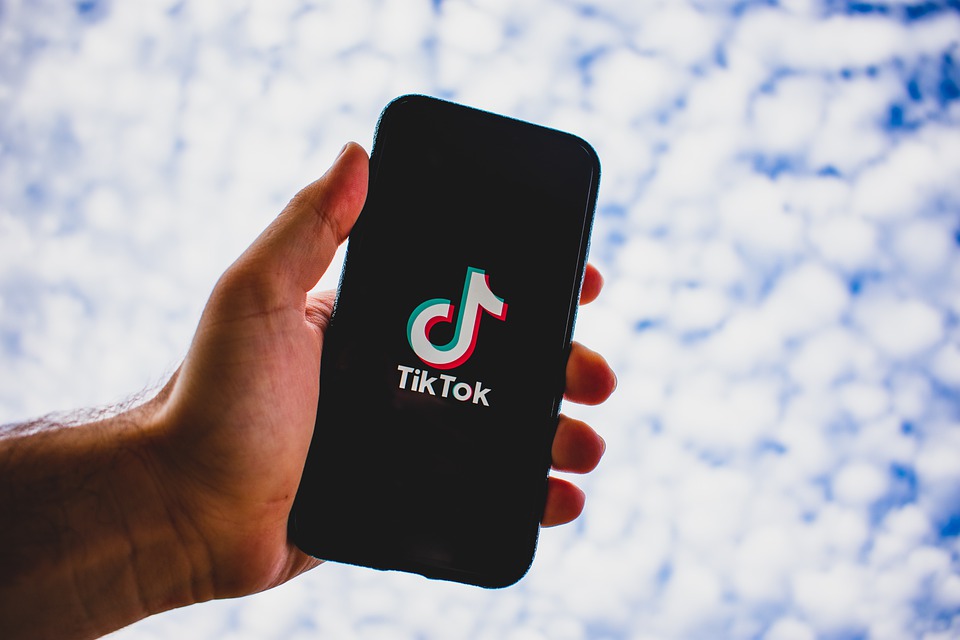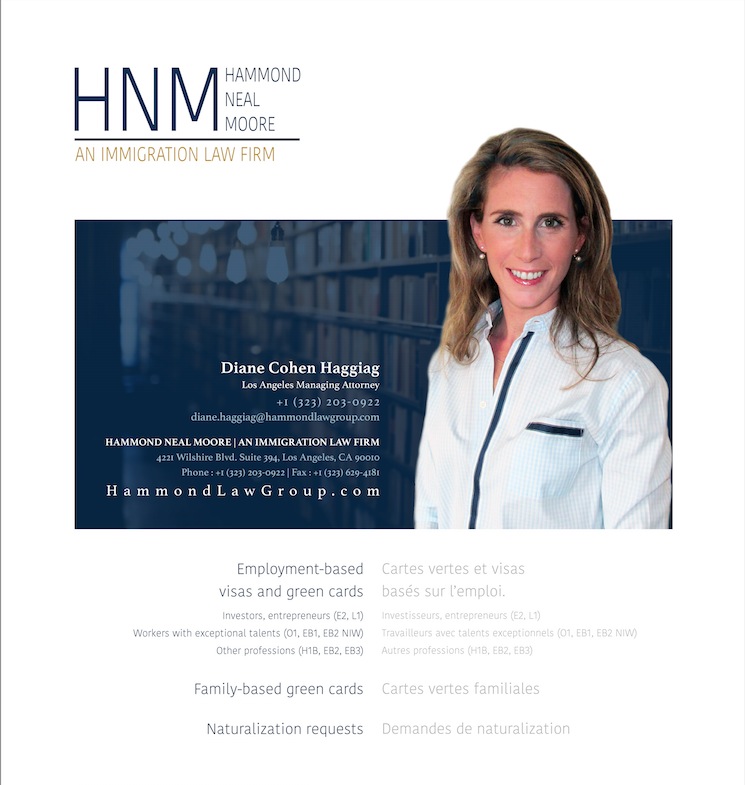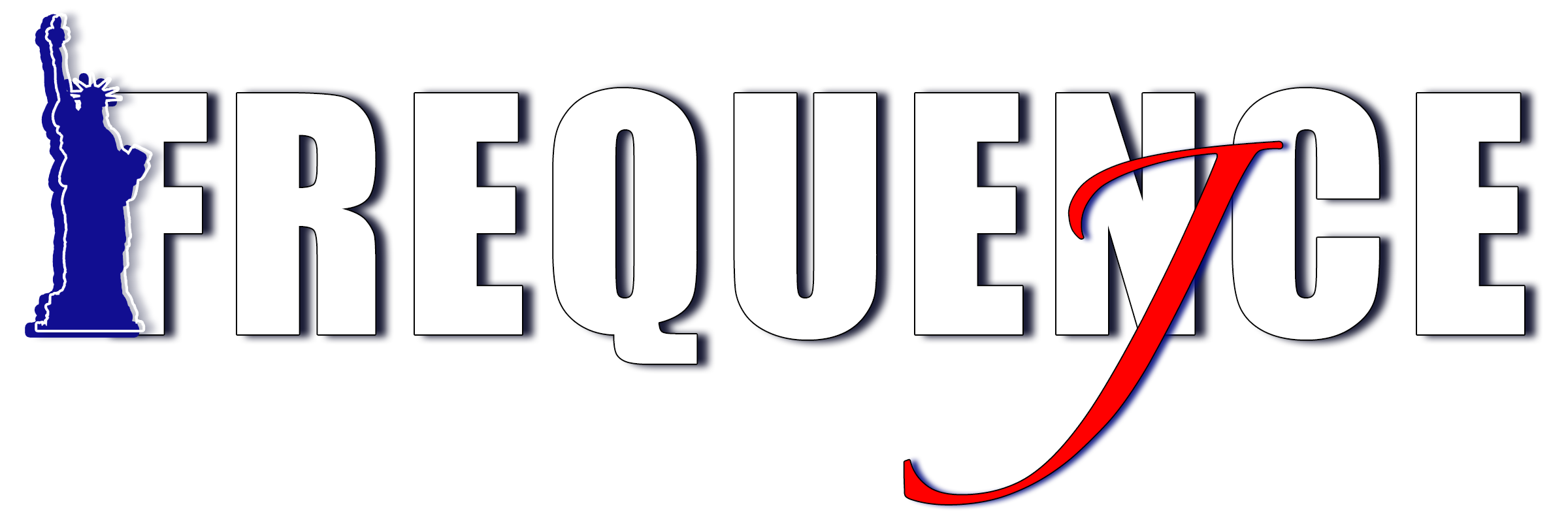Can you consider living and working in the USA when you are an influencer ?
I'm an F1 visa student and I'm a social media influencer at the same time, am I allowed to earn money
in the US from my posts? I have E2 investor status from my parents, am I allowed to invest in the stock
market and cash in the profits ? Can you consider living and working in the USA when you are an influencer ?
I'm an F1 visa student and I'm a social media influencer at the same time, am I allowed to earn money
in the US from my posts? I have E2 investor status from my parents, am I allowed to invest in the stock
market and cash in the profits ?

Influencer under Visa F1 : the risksThese questions come up often and immigration law is not very clear on this. While each situation must be considered on a case-by-case basis, the basic principle to consider is: is the activity in question active or passive ? If the young person full of ambition is 100% involved in his studies and during his free time, he invests his own money for fun, he does not risk any trouble. If, on the other hand, seeing his success, he begins to invest other people's money and devotes a substantial part of his day to this activity, it risks being considered as work in violation of the terms of his visa. Likewise, if the F1 student already has a well-established YouTube channel from France and she continues to feed her account from the United States, this will be considered as real work and will therefore be prohibited; if, on the other hand, she creates a YouTube channel to document her stay in the US, and posts spontaneous videos that achieve such success that the advertisements start to earn her money, then this parallel activity will be considered passive provided that the amount of earnings per year is limited. | Influencer under Visa F1 : the risksThese questions come up often and immigration law is not very clear on this. While each situation must be considered on a case-by-case basis, the basic principle to consider is: is the activity in question active or passive ? If the young person full of ambition is 100% involved in his studies and during his free time, he invests his own money for fun, he does not risk any trouble. If, on the other hand, seeing his success, he begins to invest other people's money and devotes a substantial part of his day to this activity, it risks being considered as work in violation of the terms of his visa. Likewise, if the F1 student already has a well-established YouTube channel from France and she continues to feed her account from the United States, this will be considered as real work and will therefore be prohibited; if, on the other hand, she creates a YouTube channel to document her stay in the US, and posts spontaneous videos that achieve such success that the advertisements start to earn her money, then this parallel activity will be considered passive provided that the amount of earnings per year is limited. |
| Note: if there are nuances according to the texts in force, it should be emphasized that the CBP Officer, this famously impressive officer in charge of border protection who often coldly welcomes you as soon as you land from the plane, has all powers in practice. | Note: if there are nuances according to the texts in force, it should be emphasized that the CBP Officer, this famously impressive officer in charge of border protection who often coldly welcomes you as soon as you land from the plane, has all powers in practice. |
| "A few minutes of fleeting glory for a future in the United States" | "A few minutes of fleeting glory for a future in the United States" |
Far from succumbing to the charm of our blogger, if he learns that this student earns money in the United States without a working permit, it will take him a few seconds to draw the following conclusion: $ = work = illegal and he will not hesitate to send her directly back to her country. A few minutes of fleeting glory against a future in the United States… The choice, in my opinion, is obvious.
The O1 visa optionAnd if the choice poses a real dilemma for influencers who precisely want to be famous, there is a solution that allows you to reconcile an Instagram account or YouTube channel with legal work in the US: if it is a full-time occupation, which brings in a substantial salary, and has a well-established recognition on social media, then the O1 visa for exceptional talent is worth considering. | Far from succumbing to the charm of our blogger, if he learns that this student earns money in the United States without a working permit, it will take him a few seconds to draw the following conclusion: $ = work = illegal and he will not hesitate to send her directly back to her country. A few minutes of fleeting glory against a future in the United States… The choice, in my opinion, is obvious.
The O1 visa optionAnd if the choice poses a real dilemma for influencers who precisely want to be famous, there is a solution that allows you to reconcile an Instagram account or YouTube channel with legal work in the US: if it is a full-time occupation, which brings in a substantial salary, and has a well-established recognition on social media, then the O1 visa for exceptional talent is worth considering. |
| This will require a job offer from an employer/sponsor (agent, brand for whom the influencer will become an ambassador etc.) as well as numerous documents proving the notoriety of the candidate, but the option exists ! Article updated on 08/02/22 Diane Cohen Haggiag, Esq. Los Angeles Managing Attorney HAMMOND NEAL MOORE, LLC. +1 (323) 203 - 0922 Diane.haggiag@hammondlawgroup.com . | This will require a job offer from an employer/sponsor (agent, brand for whom the influencer will become an ambassador etc.) as well as numerous documents proving the notoriety of the candidate, but the option exists ! Article updated on 08/02/22 Diane Cohen Haggiag, Esq. Los Angeles Managing Attorney HAMMOND NEAL MOORE, LLC. +1 (323) 203 - 0922 Diane.haggiag@hammondlawgroup.com . |





















